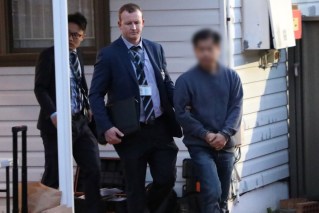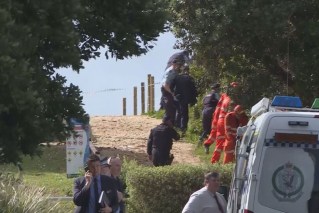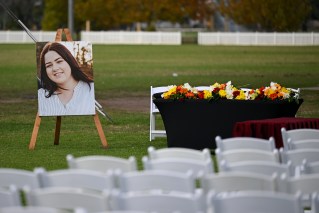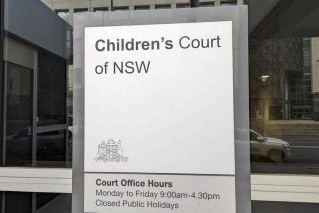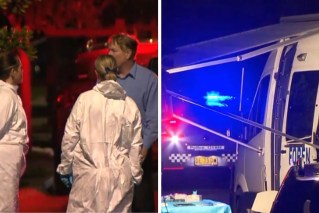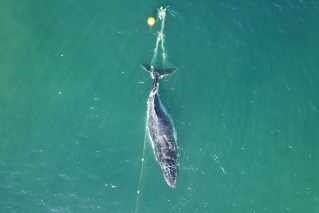Farmers plea for bullets to put down drought-affected stock
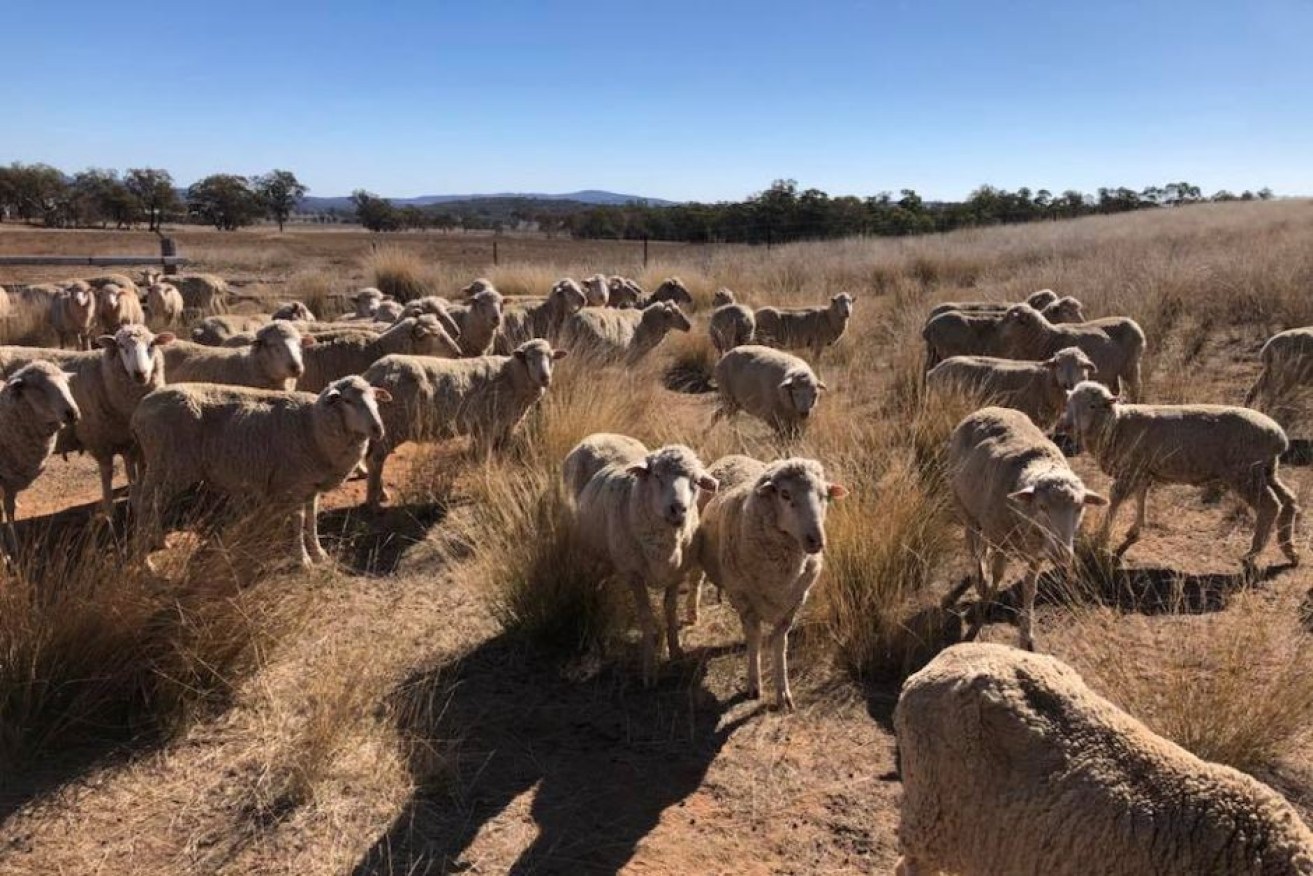
Rural suicides have risen as farmers see their pastures wither and shoot their emaciated flocks. Photo: Facebook
The harsh reality of drought continues to be felt across New South Wales, with some farmers claiming a shortage of bullets to euthanase emaciated stock.
It is a scenario repeated across much of the state as farmers try to source feed elsewhere.
In the Hunter, sheep and cattle graziers are offloading stock at a rapid rate, while others are shooting dead those deemed too weak to be transported to market.
Mobile butcher Drew Shearman told the ABC he had been working around the clock trying to help farmers.
He said one recent visit to help a farmer was shocking and dramatic as he drove deeper into the barren landscape.
“As I took the drive out to a farm I have visited many times, before I knew this time was going to be different,” Mr Shearman said.
“It is quite dramatic how the landscape has changed in the area in the last 12 months.
“Usually when I call my friend at the farm I ask him ‘Is there anything I can pick up for him on the way?’ Usually it’s a length of steel or a special tool, a tube, or liquid steel.
“This time the request was simply bullets … he had five bullets left in total … the rest had been used to euthanise injured or sick sheep.”
RSPCA says no place for animal neglect during drought
Animal welfare group RSPCA said farmers needed to adopt strict protocols during drought.
It has a position paper on drought policy and gives farmers guidelines on how to act.

The drought has hit hard for many in rural NSW with farmers struggling to afford feed. Photo: Facebook
“At all times, animals must have access to good-quality drinking water, be provided with shade, and be able to shelter from extremes of weather,” the RSPCA said.
“It is unacceptable for animals to be allowed to starve to death or die of thirst under any circumstance.”
It said that if there is any doubt as to the ability to provide animals with their needs “the decision to agist or sell must be made sooner rather than later and well before the animal is too weak to be moved”.
“Daily monitoring is required to ensure sick or weak animals are quickly identified, treated or humanely killed.”
Shooters, Fishers and Farmers Party signals crisis
The Upper Hunter candidate for the Shooters, Fishers and Farmers Party, John Preston, said without extra drought assistance in areas like the Hunter, the state government could have an animal welfare crisis on its hands.
He said the drought was a national disaster.
“It is animal cruelty on an industrial scale,” Mr Preston said.
“It is a financial catastrophe on an industrial scale as well. Remember, farm security is food security and food security is national security.
“The National Party and the government are placing this state’s food security in jeopardy.”
Farmers say drought could bankrupt communities
An executive from the industry lobby group NSW Farmers has warned that rural towns like Walgett could go bankrupt if the state government did not do more to tackle the drought.
Farmers are hoping the government will buckle under pressure and announce help with freight subsidies on the back of their annual conference in Sydney this week.
Merriwa-based executive Chris Kemp said the cost of transporting fodder for stock is too high for most farmers.
“If this drought keeps going, we’re going to need a lot of help from the government,” he said.
On Monday, NSW Premier Gladys Berejiklian left the door open for reintroducing freight subsidies for farmers affected by drought.
“I do want the community to know that this is a top of mind issue for me personally and also for our government,” she said.
“I’ve been (there) and witnessed the hardship that many of our communities are facing and I appreciate what they are going through,” Ms Berejiklian said.
“I’ve always said if there is more for us to do, we will. We have changed the loan arrangements to make sure farmers can now get interest-free loans for seven years.”
In this year’s state budget, the NSW government almost doubled the funding that drought-affected farmers would be able to receive.
The package covered low-interest loans, mental health support and kangaroo management.
There was also $250 million to go into the farm innovation fund, and farmers will be able to access one-off loans of up to $50,000, which will be interest free for seven years.

